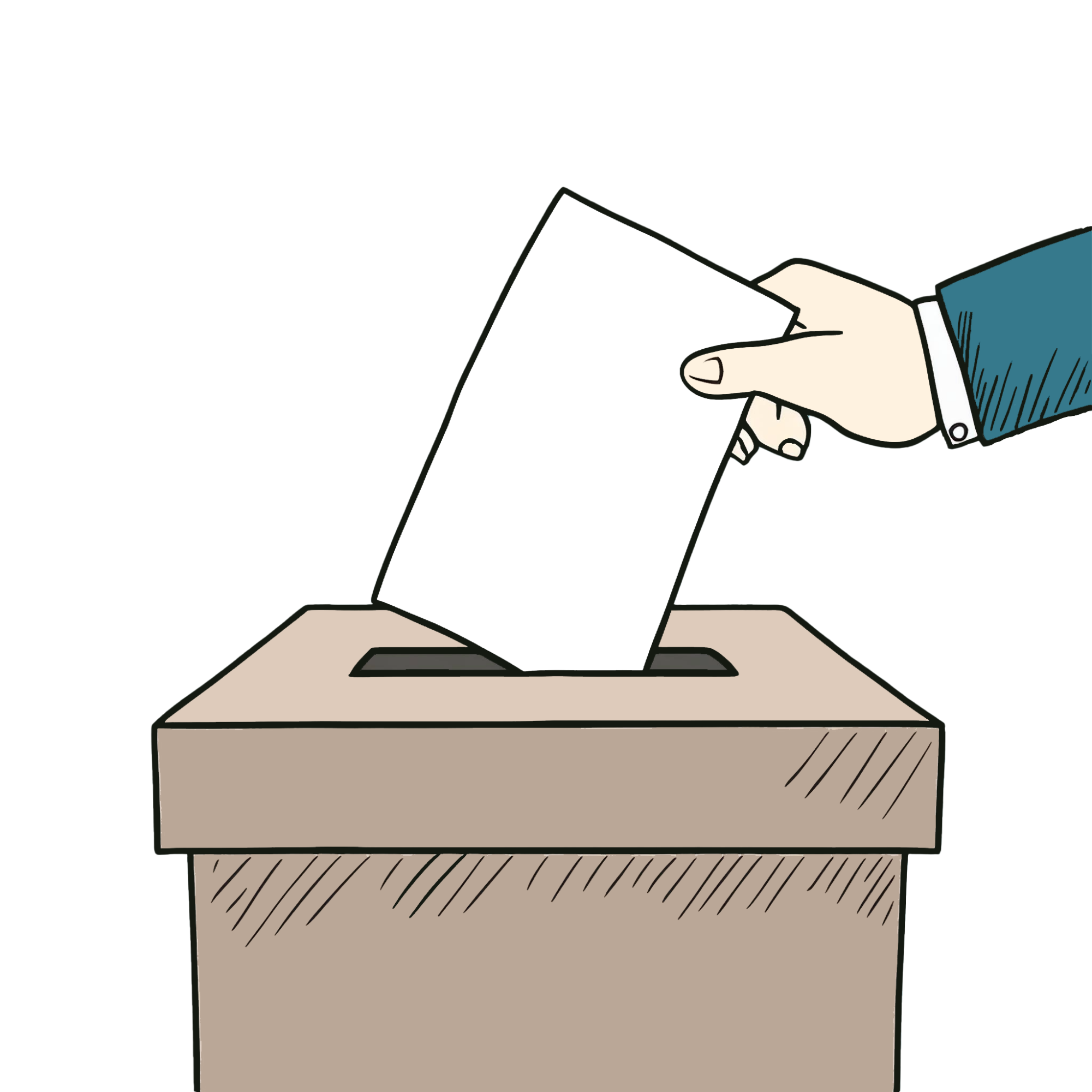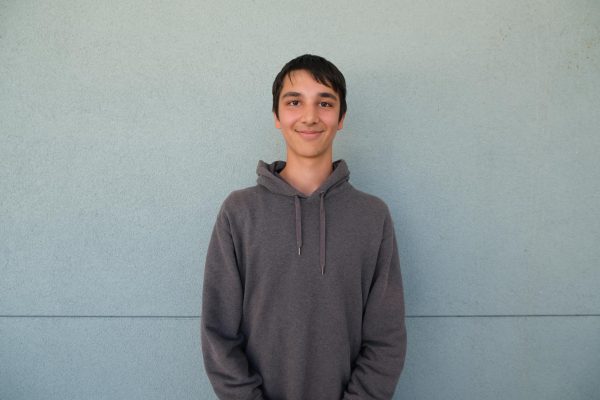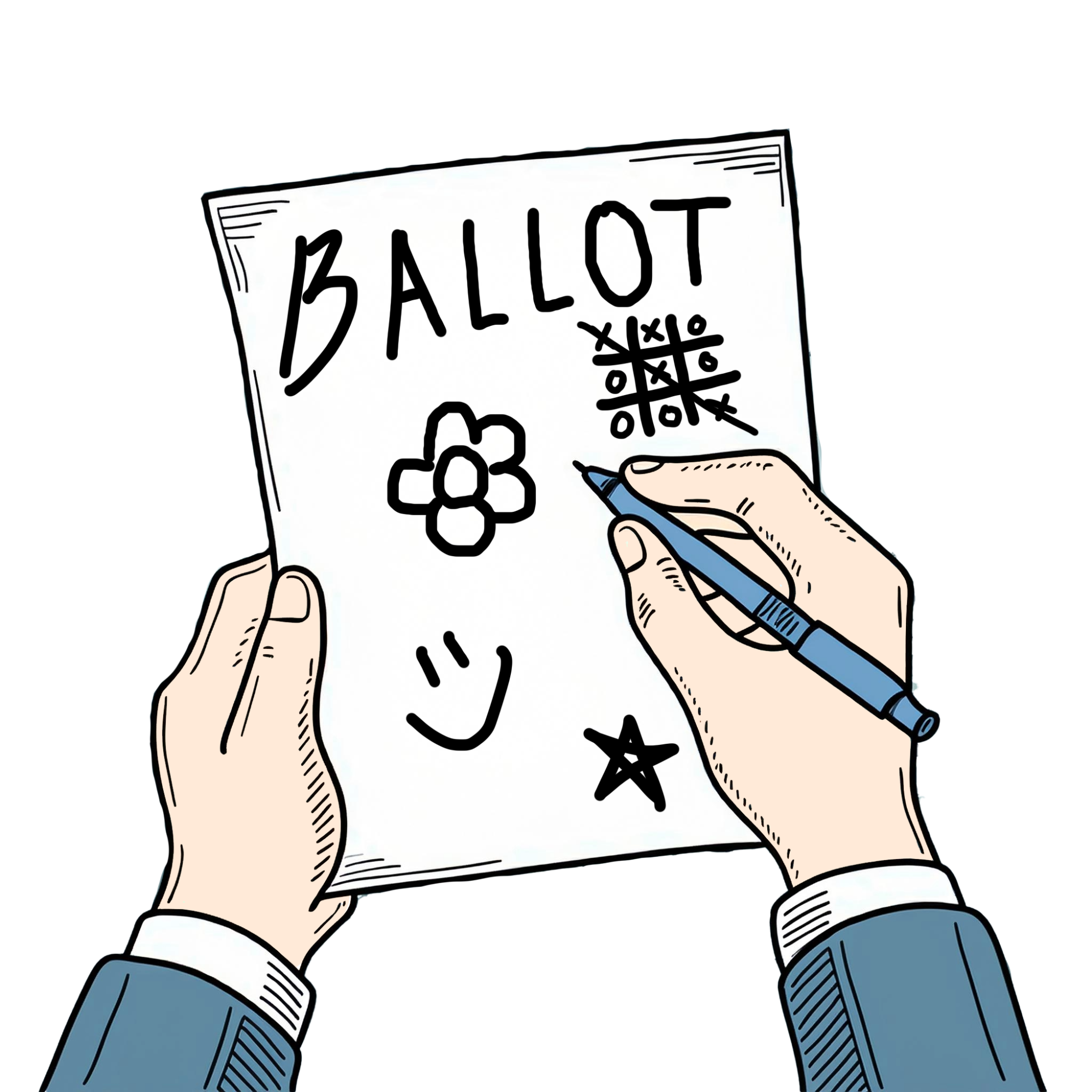Categories:
Should students be able to vote at school board elections?
September 26, 2024

Donate to The Oracle
$1900
$1000
Contributed
Our Goal
Your donation will support the student journalists of Henry M. Gunn High School. Your contribution will allow us to purchase equipment and cover our annual website hosting costs.
About the Contributors

Yael Gottesman, Lifestyle Editor
Junior Yael Gottesman is a lifestyle editor for The Oracle. She is often found drinking too many strawberry lemonades or volunteering at the bookstore in Town and Country.

Eanam Maor, In-Depth Editor
Junior Eanam Maor is a in-depth editor for The Oracle. She enjoys going thrifting, playing lacrosse and watching good movies.

Vin Bhat, Graphics Artist, Photographer
Sophomore Vin Bhat is a photographer and graphic artist for The Oracle and has been on staff since 2023. In his free time, he enjoys watching murder mysteries, listening to music and ranting about his homework to friends.





